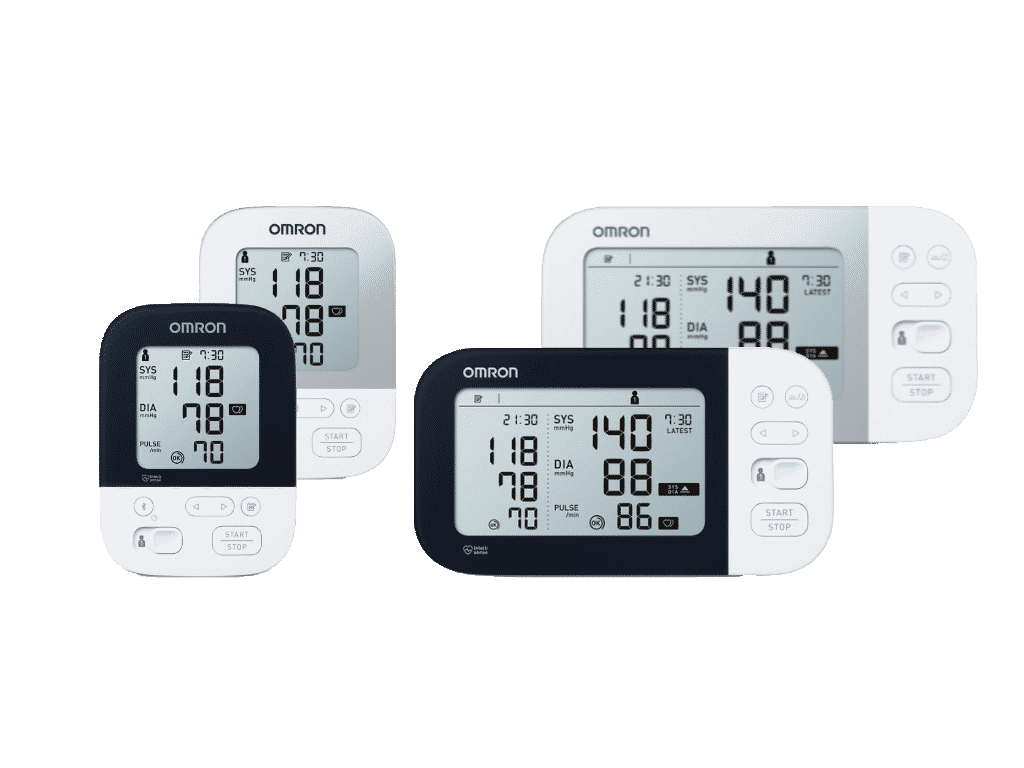Atrial fibrillation, also called atrial fibrillation, is a heart rhythm disorder. In this arrhythmia, the heart beats irregularly and not in a fixed rhythm as might be expected. This has all kinds of negative consequences for your health. Ultimately, this can even lead to a stroke.
What can cause atrial fibrillation?
The heart consists of four compartments through which blood flows. The top two are the atria. If the atria move irregularly, blood flow can be disrupted, causing the blood to clot. This creates a blood clot or clot. Over time, the blood clot can break free and be carried in the bloodstream as far as the brain. This can cause strokes. The blood vessels in the brain are very small. This can cause a blood clot to clog the vessel. Parts of the brain are then no longer supplied with oxygen, so that these parts will die. The consequence of a stroke can lead to permanent paralysis, speech disorders, sensory disorders or even death.
Get proper treatment from your (family) doctor
People who suffer from atrial fibrillation are much more likely to have a stroke than people who do not suffer from it. It is therefore important that one is aware of a heart rhythm disorder so that it can be treated in time by a (general) doctor. Atrial fibrillation is one of the most common cardiac arrhythmias. It can be life-threatening in the long run, if not treated appropriately and in a timely manner. This type of cardiac arrhythmia is common in the elderly. More than 85% of the over-18s suffer from it. It is also more common in people who are obese, have hypertension (high blood pressure), and those who suffer from apnea. Diabetes patients also have a higher chance of getting atrial fibrillation.
What are the symptoms?
When the heart rhythm is erratic, it is easy to feel. In particular, the transition from a normal heart rhythm to atrial fibrillation. Common symptoms are:
- A pounding heart
- An irregular heartbeat (fluttering)
- Squeezing sensation in the chest
- Dizziness
- Fatigue
- Shortness of breath
Diagnosing atrial fibrillation
There are several ways to diagnose atrial fibrillation. The main examinations are:
- Cardiogram (ECG)
- Ultrasound
- Holter monitoring
- AFib detection blood pressure monitors
AFib detection on blood pressure monitors
Blood pressure monitors are available in our web shop with special AFib detection. These blood pressure monitors indicate during the measurement whether an irregular heartbeat is detected. A symbol will then light up. If this happens regularly, it is wise to consult your doctor or doctor. He or she can then further investigate your complaints. To discover atrial fibrillation with a blood pressure monitor a multiple measurement must take place. The blood pressure monitor then automatically measures the blood pressure several times. Between each measurement there is a rest period of 15 to 30 seconds. At Blood pressure meter.shop you can buy the following blood pressure monitors with AFib detection:
- Omron M6 Comfort AFib Upper Arm Blood Pressure Monitor
- Omron M7 Intelli IT AFib Upper Arm Blood Pressure Monitor
- Microlife BP B3 AFib Upper Arm Blood Pressure Monitor
- Microlife BP B6 Connect AFib Upper Arm Blood Pressure Monitor
- Rossmax X5 BT upper arm blood pressure monitor
- Rossmax X9 BT Professional Upper Arm Blood Pressure Monitor
Contact us for more information
Blood pressure meter.shop is a partner of the Heart Foundation and ensures that you can purchase the right products you need. Would you like more information about the treatment of atrial fibrillation and how you can prevent this heart rhythm disorder as effectively as possible? Please feel free to contact us. We are happy to help you with expert advice. You can reach us by phone at 0182 – 239393 or by e-mail to info@bloodpressuremonitor.shop. you can also our contact form fill. We will answer your questions as soon as possible.
Interesting topics related to atrial fibrillation:


